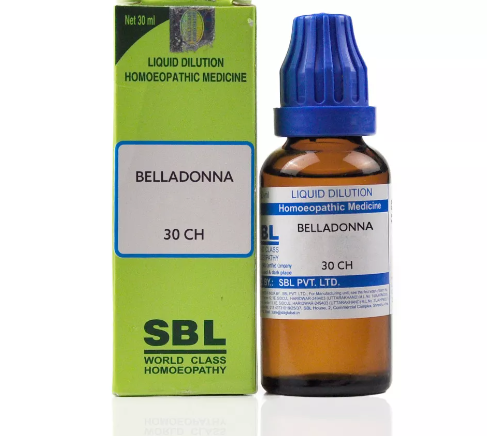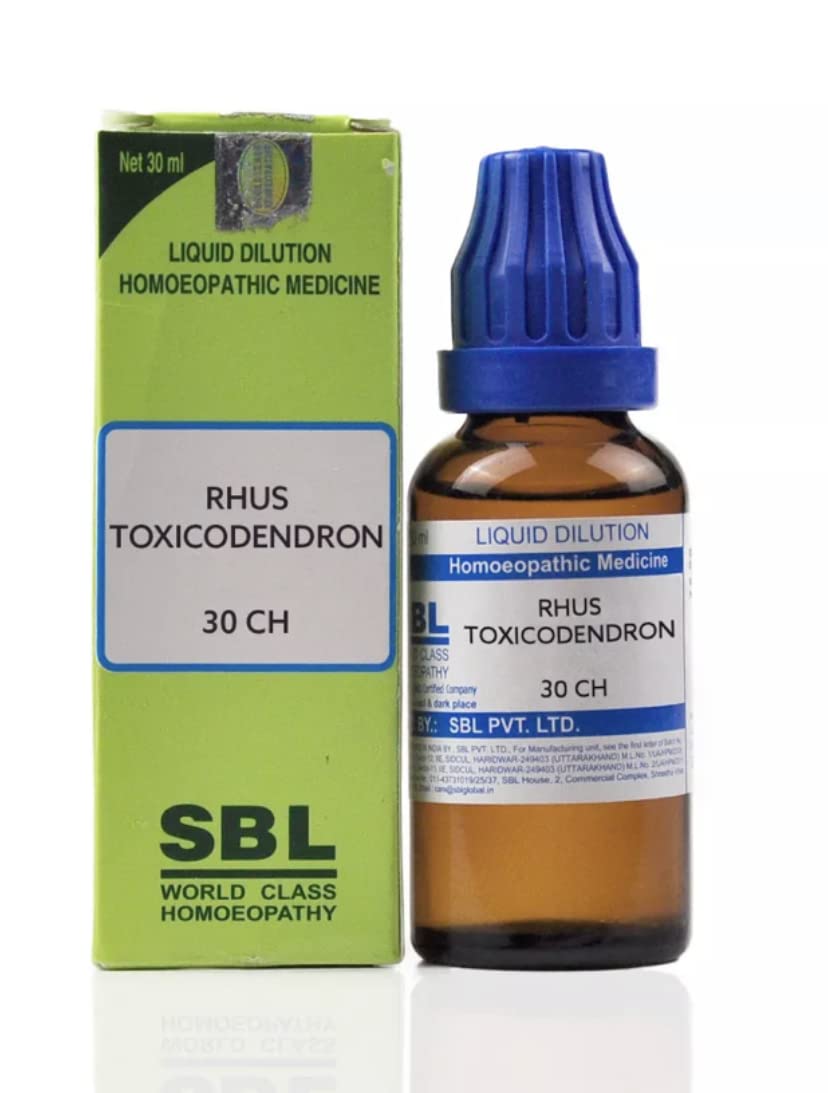Homeopathic Medicine for Dengue Fever
Dengue is a viral infection that is transmitted to humans primarily through the bite of infected Aedes mosquitoes, particularly Aedes aegypti and Aedes albopictus. It is a significant public health concern in many parts of the world, particularly in tropical and subtropical regions.
Symptoms

Dengue infection can range from mild to severe and is often characterized by sudden onset of high fever, severe headaches, joint and muscle pain, rash, and bleeding tendencies. In severe cases, it can progress to dengue hemorrhagic fever (DHF) or dengue shock syndrome (DSS), which can be life-threatening.
Homeopathic Medicine for Dengue Fever
1. Carica papaya

- Platelet Count: One of the key concerns in dengue fever is a drop in platelet count, leading to thrombocytopenia. Carica papaya mother tincture help in increase platelet counts.
- Hydration : Carica papaya is a hydrating fruit and can contribute to maintaining proper hydration levels in dengue patients. Staying well-hydrated is essential in managing dengue symptoms.
- Nutrition : Carica papaya is a good source of vitamins, minerals, and antioxidants. Consuming papaya can provide essential nutrients that support the immune system and overall health during illness.
2. Tinospora cordifolia

Tinospora cordifolia, commonly known as “Guduchi” or “Giloy,” is an herb. In homeopathy it is believed to have immune-boosting and anti-inflammatory properties. Tinospora cordifolia mother tincture have potential benefits in managing the symptoms of dengue, particularly its effects on the immune system.

3. Ocimum Sanctum

Ocimum sanctum, commonly known as Tulsi or Holy Basil, is a sacred plant in Hinduism and is highly valued for its medicinal properties. In homeopathic practices, Ocimum sanctum (Tulsi) is used for various health issues, including respiratory conditions, stress, and immune support.

4. Azadirachta Indica

Azadirachta indica, commonly known as Neem, is a tree native to the Indian subcontinent and is well-known for its various medicinal properties.
- Immune Support: Neem is believed to have immunomodulatory properties, which means it may help regulate the immune system. Some proponents of Neem suggest that it could support the immune response against the dengue virus.
- Fever Management: Neem leaves have traditionally been used to help manage fever, and dengue often presents with a high fever.
- Anti-inflammatory and Analgesic Properties: Neem may have anti-inflammatory and analgesic (pain-relieving) properties. These properties could potentially provide some relief from the joint and muscle pain often associated with dengue.
- Antiviral Potential: Some research has suggested that Neem extracts may have antiviral properties, which could theoretically be beneficial in combating viral infections.

5. Rhus Toxicodendron

- Restlessness: People needing Rhus tox often experience restlessness. They may feel the need to move around or change positions frequently.
- Stiffness: This remedy is associated with stiffness, particularly stiffness of muscles and joints.
- Burning or itching skin: Rhus tox is known for its application in cases of skin conditions where there is intense itching or a burning sensation. Skin rashes may be present.
- Joint pain: It’s often used for joint pain, especially when the pain feels better with movement or warm applications and worse at rest.
- Fever with restlessness: If fever is part of the symptom picture, it’s typically accompanied by restlessness and other characteristic symptoms of Rhus tox.
6. Gelsemium Sempervirens

- Weakness and prostration: Individuals needing Gelsemium often experience profound weakness and fatigue. They may feel heavy, drowsy, and lethargic.
- Chills and fever: Gelsemium is associated with fevers that often start with chills up and down the spine. The fever is typically accompanied by a lack of thirst and a flushed face.
- Headache: A dull, heavy, and congestive headache is a common symptom for which Gelsemium may be considered. The headache is often located in the frontal region.
- Dizziness: Individuals may experience dizziness, particularly when moving or standing up.
- Muscle aches and pains: Gelsemium can be used for muscle weakness and aches, especially in the neck and back.
- Trembling or shivering: Trembling and shivering, especially during fever or anxiety, are characteristic symptoms that may suggest the use of Gelsemium.

7. Eupatorium Perfoliatum

- Intense aching: A characteristic symptom associated with Eupatorium perfoliatum is severe, bone-breaking aches and pains, particularly in the back, limbs, and head. The pain is often described as if the bones are being crushed or broken.
- High fever: Eupatorium perfoliatum is often associated with high fevers that come on suddenly. The fever is accompanied by intense chills and shivering.
- Thirst: Despite the intense fever and sweating, individuals needing Eupatorium perfoliatum may have a strong thirst for cold drinks.
- Restlessness: People who may benefit from this remedy can be restless, constantly changing position due to discomfort.
- Headache: A severe headache, often located in the forehead, may be a prominent symptom.
- Sweating: Profuse sweating, especially during the fever, is a characteristic feature.
- Cough: It is sometimes used for a deep, hoarse cough that is associated with fever and aching.
8. Belladonna

- Sudden onset: Belladonna is often associated with a sudden and intense onset of fever. The fever can come on rapidly and be high, with a flushed and hot face.
- Thirstlessness: Individuals needing Belladonna may have a lack of thirst during the fever, despite the high temperature.
- Delirium: This remedy is known for symptoms of delirium, confusion, and mental excitement. The person may be agitated and have hallucinations.
- Intense headache: A throbbing and pounding headache, often located in the forehead or temples, is a common symptom for which Belladonna may be considered.
- Sensitivity to light and noise: People needing Belladonna may be extremely sensitive to light (photophobia) and noise during the fever.
- Red face and dilated pupils: A characteristic feature of Belladonna is a red and flushed face with dilated pupils.
- Hot and dry skin: The skin may feel hot and dry to the touch during the fever.
- Restlessness: Restlessness and agitation are often present during the fever.

Medicine images use for reference only selection of homeopathic medicine depends on the individual’s specific symptoms and overall constitution. Moreover, homeopathy is a holistic system of medicine that treats the individual as a whole. In addition to addressing the physical symptoms, it takes into account the emotional and mental state of the person. Consequently, it’s crucial to consult with a qualified homeopathic practitioner for personalized treatment.
The information provided on this website is intended solely for educational purposes. Always seek the advice of your physician or other qualified health provider.




Pingback: Homeopathic Medicine For Uric Acid - HOMOEO HEALING
Pingback: Dengue Outbreaks 2023: Recent Cases, Hotspots, and Safety Measures